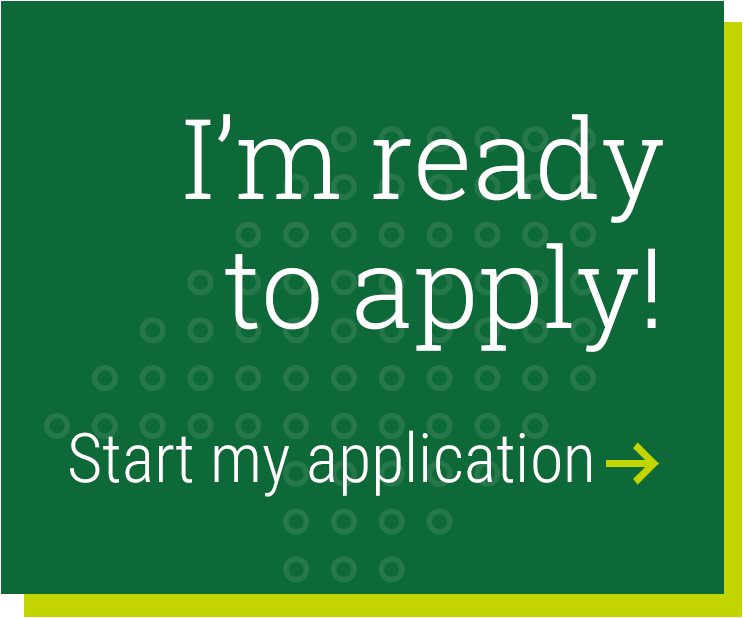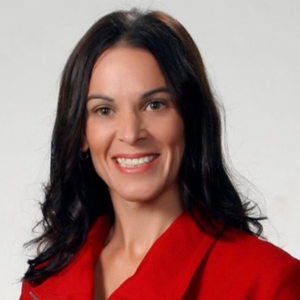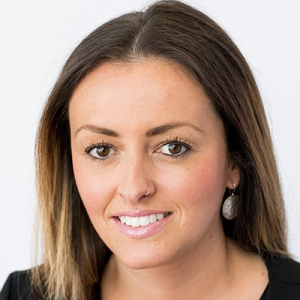
Donnie Holland
Manager, Undergraduate Programs in Education
Department: Education
Email: Donnie_Holland@cbu.ca
Cape Breton University is pleased to offer two Bachelor of Education (B.Ed.) programs to help meet the needs of growing communities across Canada, and in an effort get highly skilled, qualified teachers in the classroom quickly with proper education for the September 2025 school year.
An 8-month online B.Ed. pilot program was successfully implemented in January 2024 and concluded in August 2024 and will be re-offered (applications pending) along with the standard 12-month on campus B.Ed. program. Students will complete the same requirements, which includes 48 credits of coursework and 12 credits of practicum work, in both the 8-month and 12-month programs.
For a full list of application deadlines, please visit Canadian Application Deadlines.
As of the Spring 2026 intake, the Bachelor of Education Concentrations have been discontinued.
If your dream is having the opportunity to positively impact young lives and influence growing minds through education, the Bachelor of Education program at CBU will help you fulfil your true calling. In only 12 months, depending on your program eligibility, the Bachelor of Education (B.Ed.) program equips aspiring teachers with the critical skills, knowledge and experiences they need to become professional educators.
Curriculum is focused on current teaching methodologies, grounded in education research, reflexive and inclusive practice which provide a solid understanding of the historical and current perspectives, theories and policies that shape the teaching profession. Embedded themes including L’nu/Indigenous Education and Education for Sustainability can be explored through elective course offerings.
There are two streams available within the program, to which applicants apply at point of application: Elementary Education; or Secondary Education. Each stream provides opportunities to apply relevant curriculum, instructional theory, and methods for a career in education. In addition to its focus on Education for Sustainability and Indigenous education, the program includes other unique opportunities, such as a service-learning project and a professionalism workshop series.
Graduates of the program are eligible to apply for a Nova Scotia teaching license, along with licensing and employment for any other province, territory or international opportunity they choose to pursue.
These numbers are an estimate for planning purposes only, and include tuition for the entire 12 month program. These numbers do not include lab or accommodation fees. Please visit the Student Finance Hub for more information.
| TOTAL YEAR(S) | TOTAL CREDITS | TOTAL SEMESTER(S) | NS STUDENTS | OTHER PROVINCE STUDENTS | INTERNATIONAL STUDENTS | |
| Bachelor of Education B.Ed (on campus) | 1 | 60 | 4 | $22,005.20 | $25,231.20 | – |
For more information, please contact bed@cbu.ca
There’s no feeling like helping shape young minds and giving students a great foundation for life. Come to Cape Breton and get the experience that makes a difference in the classroom. With this unique opportunity to sharpen your skills, you’ll fulfil your passion for inspiring a new generation through education. CBU’s Bachelor of Education delivery model allows students to fast track to career opportunities so you can start teaching – and never stop learning.
CBU B.Ed. students have the benefit of personal student and faculty/staff relationships. These relationships are facilitated by a collegial atmosphere and all classes taught by dedicated and experienced instructors. CBU B.Ed. graduates also have experiences working one-on-one with faculty on a variety of research projects.

This B.Ed. is the only Nova Scotian program offering an Education for Sustainability (EFS) focus. Each course integrates sustainability education, and specific courses are offered on the subject, including Teaching and Learning for a Sustainable Future and Sustainable Happiness.
Designed in collaboration with Unama’ki College, the program’s Indigenous concentration makes CBU’s B.Ed. program one of a kind in Nova Scotia.

Department: Education
Email: Donnie_Holland@cbu.ca


Department: Education
Phone:
902-563-1647
Email: Kristin_ORourke@cbu.ca